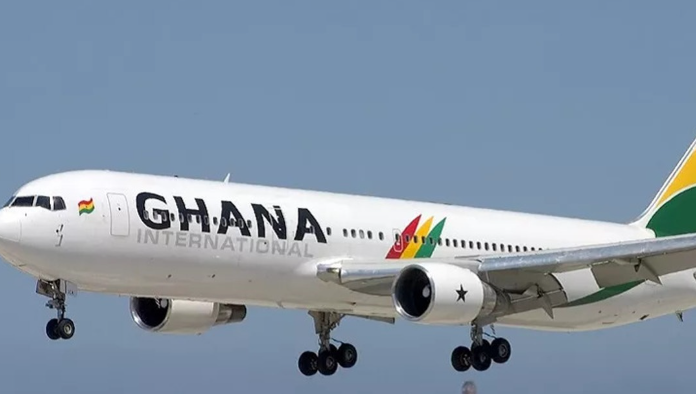SCRAPPING OF FUEL ALLOWANCE COULD IMPACT PRODUCTIVITY OF GOVERNMENT APPOINTEES – TUC Warns

The Trades Union Congress (TUC) has expressed reservations about President John Dramani Mahama’s decision to abolish fuel allowances for government appointees, warning that the move could adversely affect their productivity unless alternative support measures are introduced.
TUC Secretary General, Joshua Ansah, in an interview with 3news on July 15, acknowledged that while cutting allowances may reduce government spending, it could also hinder the ability of appointees to perform their duties efficiently. “Maybe this decision is good, but it is going to affect their work. There should be measures in place to assist the appointees in doing their job,” Mr Ansah stated.
The cancellation, announced by President Mahama as part of cost-saving reforms to redirect resources into priority sectors, has drawn mixed reactions from organised labour and educational sector leaders. Organised Labour welcomed the intent but called for clear communication on how the savings would be utilised, with Mr Ansah insisting, “If really, they make the savings and use it wisely then it is a positive sign, but where the savings will not be used wisely then it is better the President did not even cut the allowances at all.”
Mr. Ansah further cautioned that the policy should not be extended to public and civil servants, emphasising that labour has already made significant sacrifices and should not bear further burdens.
Meanwhile, the President of the National Association of Graduate Teachers (NAGRAT), Angel Carbonu, called for the policy to be backed by legislation to prevent future governments from reversing the reform. “It should be a law so that when President Mahama is no more, we don’t go back to the old order,” Carbonu stated.
The General Secretary of the Ghana National Association of Teachers (GNAT), Thomas Tanko Musah, echoed calls for clarity on the conditions under which government appointees are recruited, warning that implementation without proper context may undermine effectiveness.
As base pay negotiations approach, labour leaders are urging government to ensure the cost-saving measure does not negatively affect collective bargaining or workers’ benefits.
Background:
President Mahama’s directive comes amid ongoing efforts to demonstrate fiscal discipline and prioritise public investment. The measure targets political appointees and aims to free up resources for essential sectors. Stakeholders are now watching for details on implementation and whether Parliament will enact legislation to make the policy binding on future administrations.
Source:NKONKONSA.com





